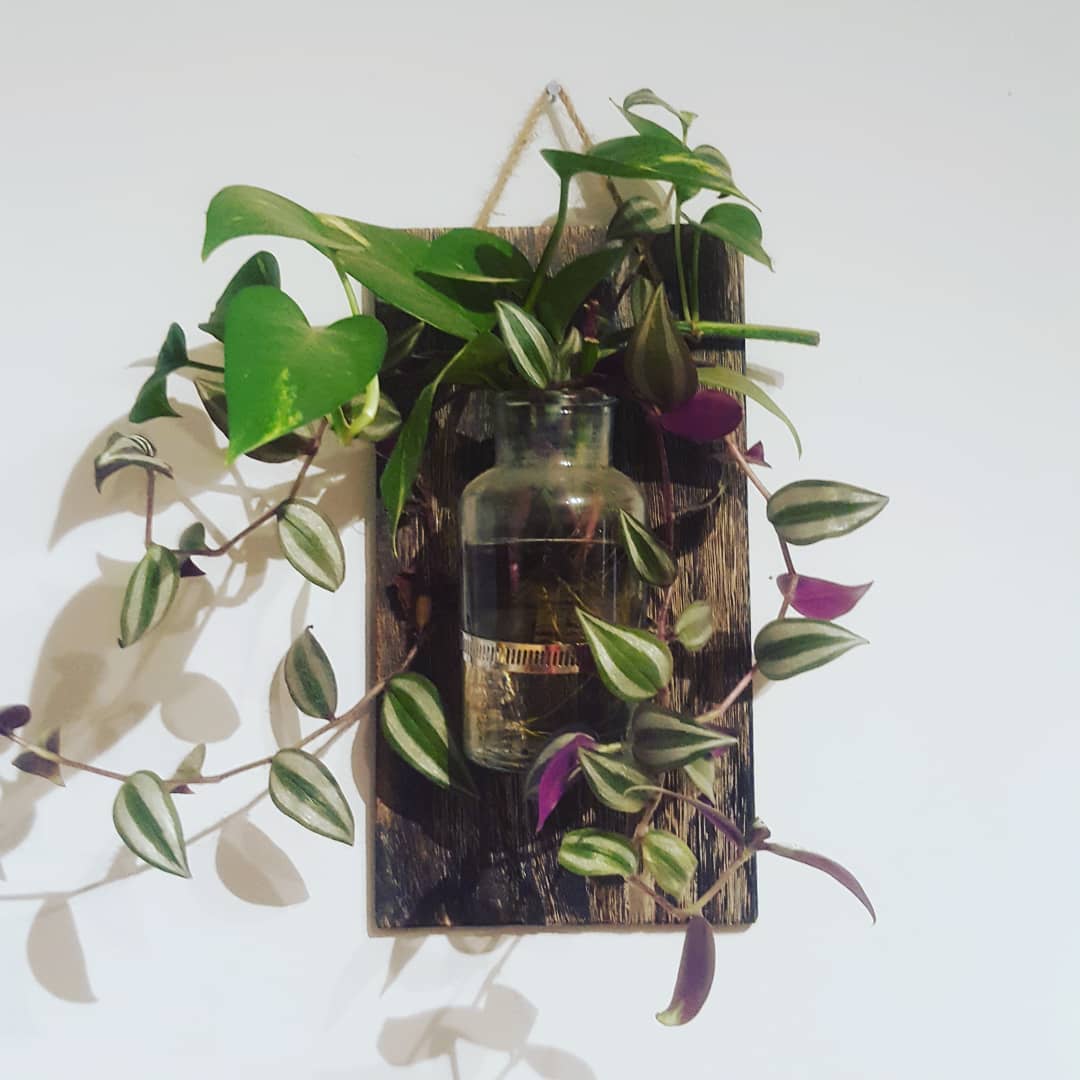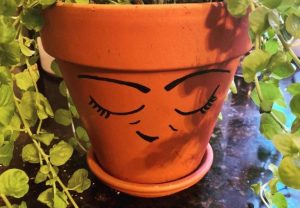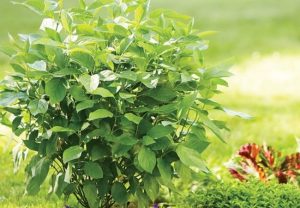Learn effective strategies to protect your plants from the harmful effects of dew. Discover tips and techniques to keep your garden healthy and thriving, even in damp conditions.
Dew might seem harmless, but it can actually cause problems for your plants if not managed properly. While a little moisture can be beneficial, too much dew can lead to fungal diseases and other issues. In this guide, we’ll explore why dew can be problematic and share practical tips to protect your plants.
Understanding Dew and Its Impact on Plants

Here is a chart with detailed information on Dew Plants, often referred to as Ice Plants:
| Category | Information |
|---|---|
| Botanical Name | Delosperma spp., Mesembryanthemum spp. |
| Common Name | Dew Plant, Ice Plant |
| Plant Type | Succulent Perennial |
| Hardiness Zone | 5-9 (Delosperma varieties), 10-11 (Mesembryanthemum varieties) |
| Sun Exposure | Full Sun |
| Soil Type | Well-drained, Sandy or Rocky Soil |
| Watering | Low, Drought Tolerant |
| Growth Habit | Low-Growing, Spreading |
| Height/Spread | 2-6 inches tall / 12-24 inches wide |
| Special Features | Drought Tolerant, Brightly Colored Blooms, Evergreen Foliage, Low Maintenance, Attracts Pollinators |
Dew is a natural phenomenon that occurs when water vapor in the air condenses on cool surfaces, including plant leaves. While it can provide some moisture to plants, excessive dew can lead to several problems:
- Fungal growth
- Leaf diseases
- Reduced photosynthesis
- Increased pest activity
Studies have shown that prolonged leaf wetness can significantly increase the risk of plant diseases. Understanding this relationship is key to protecting your plants.
Signs Your Plants Are Suffering from Excessive Dew
Before we dive into prevention techniques, it’s important to recognize when dew is becoming a problem.
Look out for these signs:
- Yellowing or browning leaves
- Powdery mildew on leaves
- Wilting despite moist soil
- Increased presence of slugs or snails
If you notice these symptoms, it’s time to take action to protect your plants from dew.
Strategies to Protect Your Plants from Dew
1. Improve Air Circulation
Good air flow helps evaporate dew more quickly, reducing the risk of fungal growth.
- Space plants properly to allow air movement between them
- Prune dense foliage to improve air circulation
- Use fans in greenhouses or indoor growing areas
2. Water Plants at the Right Time
Watering practices can significantly impact dew formation and its effects.
- Water early in the morning to allow leaves to dry during the day
- Use drip irrigation or soaker hoses to water at the soil level, keeping leaves dry
- Avoid overhead watering in the evening
3. Choose Dew-Resistant Plant Varieties
Some plants are naturally more resistant to the effects of dew.
- Research dew-resistant varieties of the plants you want to grow
- Look for plants with waxy or hairy leaves, which repel water droplets
- Consider native plants adapted to your local climate conditions
4. Use Protective Structures
Physical barriers can help keep dew off your plants.
- Install clear plastic tunnels or hoop houses over rows of plants
- Use individual plant covers or cloches for smaller plants
- Create temporary shelters with row covers during periods of heavy dew
5. Adjust Planting Locations
Strategic placement can reduce dew exposure for your plants.
- Plant in areas with morning sun to help evaporate dew quickly
- Avoid low-lying areas where cool air settles, promoting dew formation
- Use raised beds to improve drainage and air circulation
6. Apply Anti-Transpirant Sprays
These products can help protect plants from excessive moisture.
- Use anti-transpirant sprays to create a protective film on leaves
- Apply according to package instructions
- Reapply as needed, especially after rain
7. Maintain Proper Soil Drainage
Well-draining soil helps prevent excess moisture around plants.
- Amend heavy soils with organic matter to improve drainage
- Use raised beds or mounds for plants sensitive to wet conditions
- Ensure proper grading to direct water away from plant roots
Specific Tips for Different Types of Plants
Different plants have varying needs when it comes to dew protection.
Here are some specific tips for common plant types:
Vegetables
- Grow tomatoes and peppers on stakes or trellises to keep fruits off the ground
- Use wide row spacing for crops like beans and peas
- Harvest leafy greens early in the day after dew has evaporated
Flowers
- Deadhead regularly to prevent moisture from collecting in spent blooms
- Choose mildew-resistant varieties of roses and zinnias
- Plant tall flowers like delphiniums and hollyhocks against walls for protection
Shrubs and Trees
- Prune to maintain an open canopy, allowing air and light penetration
- Avoid planting shrubs too close to buildings where air circulation is poor
- Remove any dead or diseased branches promptly
Natural Remedies to Combat Dew-Related Issues
If your plants are already showing signs of dew-related problems,
try these natural remedies:
- Baking Soda Spray
- Mix 1 tablespoon of baking soda with 1 gallon of water
- Spray on affected plants to help prevent fungal growth
- Neem Oil
- Use as directed to combat fungal diseases and pests
- Apply in the evening to avoid leaf burn
- Chamomile Tea Spray
- Brew strong chamomile tea and allow it to cool
- Spray on plants to help prevent damping off in seedlings
Research suggests that some natural remedies can be effective in managing plant diseases, but always test on a small area first.
When to Seek Professional Help
While many dew-related issues can be managed at home, sometimes professional help is needed.
Consider consulting a garden expert or plant pathologist if:
- Problems persist despite your best efforts
- You’re dealing with rare or valuable plants
- You suspect a serious disease outbreak
Professionals can provide targeted advice and treatments to protect your plants.
Protecting your plants from dew is an important aspect of garden care that’s often overlooked. By implementing these strategies – from improving air circulation to using protective structures – you can significantly reduce the risk of dew-related problems in your garden.
Remember, the key is to create an environment where dew evaporates quickly and doesn’t linger on plant surfaces. With proper care and attention, you can maintain a healthy, thriving garden even in damp conditions.
Stay observant, be proactive, and don’t hesitate to experiment with different techniques to find what works best for your specific plants and garden conditions. Happy gardening!
For more gardening tips and plant care guides, visit https://solanogarden.org/



